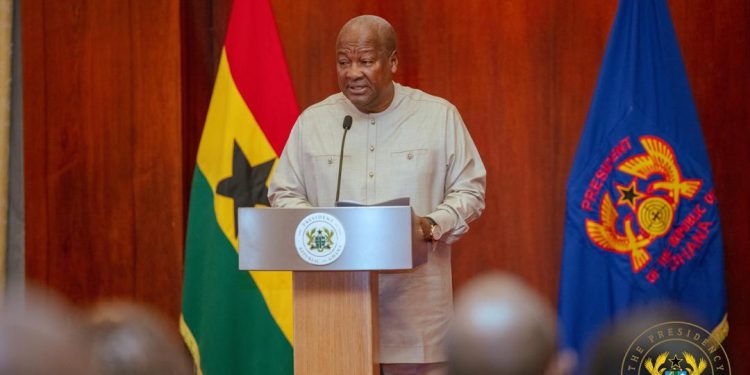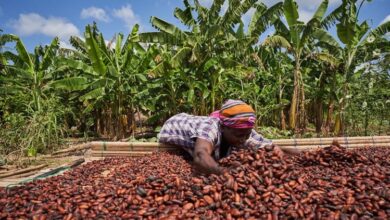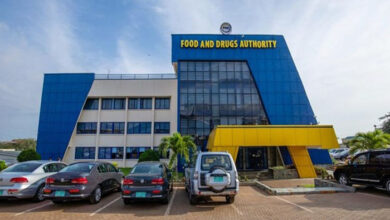
President John Dramani Mahama has unveiled a comprehensive eight-pillar strategy designed to rejuvenate Ghana’s economy and set the nation on a path to sustainable growth.
Announced at the Ghana CEO Summit in Accra on May 26, the plan centers on fiscal discipline, rebuilding investor confidence, and targeted investments to stabilize the economy and promote long-term development.
Here’s a breakdown of the key pillars of the economic reset:
-
Sticking to IMF Programme with Strict Discipline
Mahama highlighted the critical need for disciplined government spending and borrowing, aiming to complete the IMF programme’s fourth review by June 2025 and exit it by 2026, ensuring continued fiscal responsibility. -
Reopening Capital Markets at Home and Abroad
Efforts will focus on reopening Ghana’s bond markets in partnership with the IMF, the Ghana Stock Exchange, and local banks, linking new borrowing to self-financing projects to guarantee sustainable repayments. -
Enhancing Sovereign Funds and Local Financing
Regulatory reforms will enforce mandatory contributions to stabilization funds, while local governments will be empowered to issue infrastructure bonds to finance vital community projects. -
Clearing Verified Debts and Prioritizing Investments
A transparent audit of government arrears is underway, with plans to clear genuine debts and rationalize public investments based on needs and funding availability. -
Fast-Tracking Public Financial Management Reforms
Key reforms like the Treasury Single Account, integrated tax systems, and real-time budgeting will be revitalized to improve efficiency and reduce corruption. -
Boosting Exports via Ghana Exim Bank
The Ghana Exim Bank will be repositioned to drive growth in non-traditional exports, agro-processing, light manufacturing, and SMEs, strengthening foreign reserves and creating jobs. -
Positioning Ghana as a Regional Trade and Investment Hub
The plan envisions Ghana as West Africa’s leading commercial, transport, and digital services center, strengthening sectors such as ports, finance, healthcare, education, and industrial corridors linked to the African Continental Free Trade Area. -
Restarting Infrastructure Development to Drive Growth
Infrastructure projects in roads, energy, water, housing, and urban renewal will be prioritized through innovative financing models, including public-private partnerships and strategic collaborations.
President Mahama’s bold vision aims to restore confidence, spur economic vitality, and position Ghana as a powerhouse in the region.


